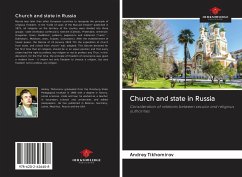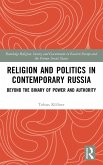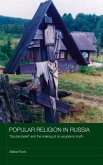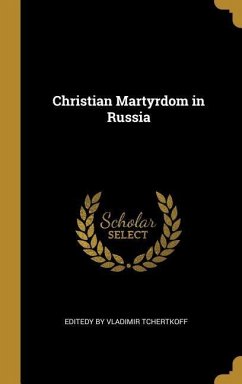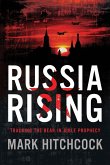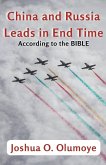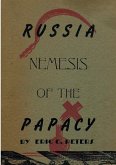Russia was later than other European countries to recognize the principle of religious freedom. In the "Code of Laws of the Russian Empire" published in 1875, all religions on the territory of the country were divided into three groups: state (Orthodox confession), tolerant (Catholic, Protestant, Armenian-Gregorian, Islam, Buddhism, Judaism, paganism) and intolerant ("sects" - Dukhobors, Molokans, Jews, Scopes, iconoclasts). After the establishment of Soviet power, the Decree of 23 January 1918 "On the separation of church from state, and school from church" was adopted. This Decree declared for the first time that all religions should be in an equal position and that every citizen had the right to profess any religion or not to profess any. Thus, in this document, for the first time, the principle of freedom of conscience was given a modern form - it meant not only freedom to choose a religion, but also freedom not to profess any religion.
Hinweis: Dieser Artikel kann nur an eine deutsche Lieferadresse ausgeliefert werden.
Hinweis: Dieser Artikel kann nur an eine deutsche Lieferadresse ausgeliefert werden.

